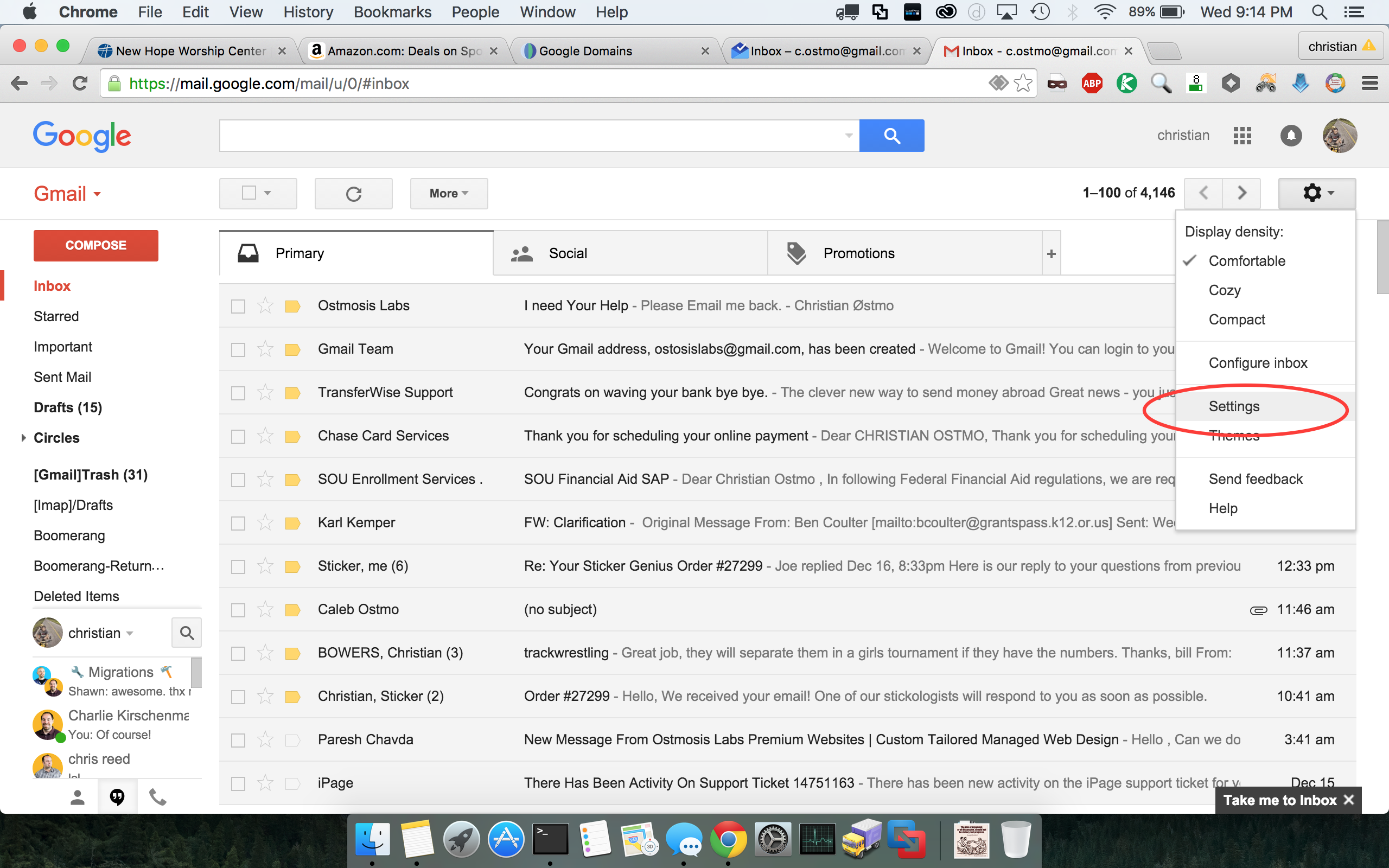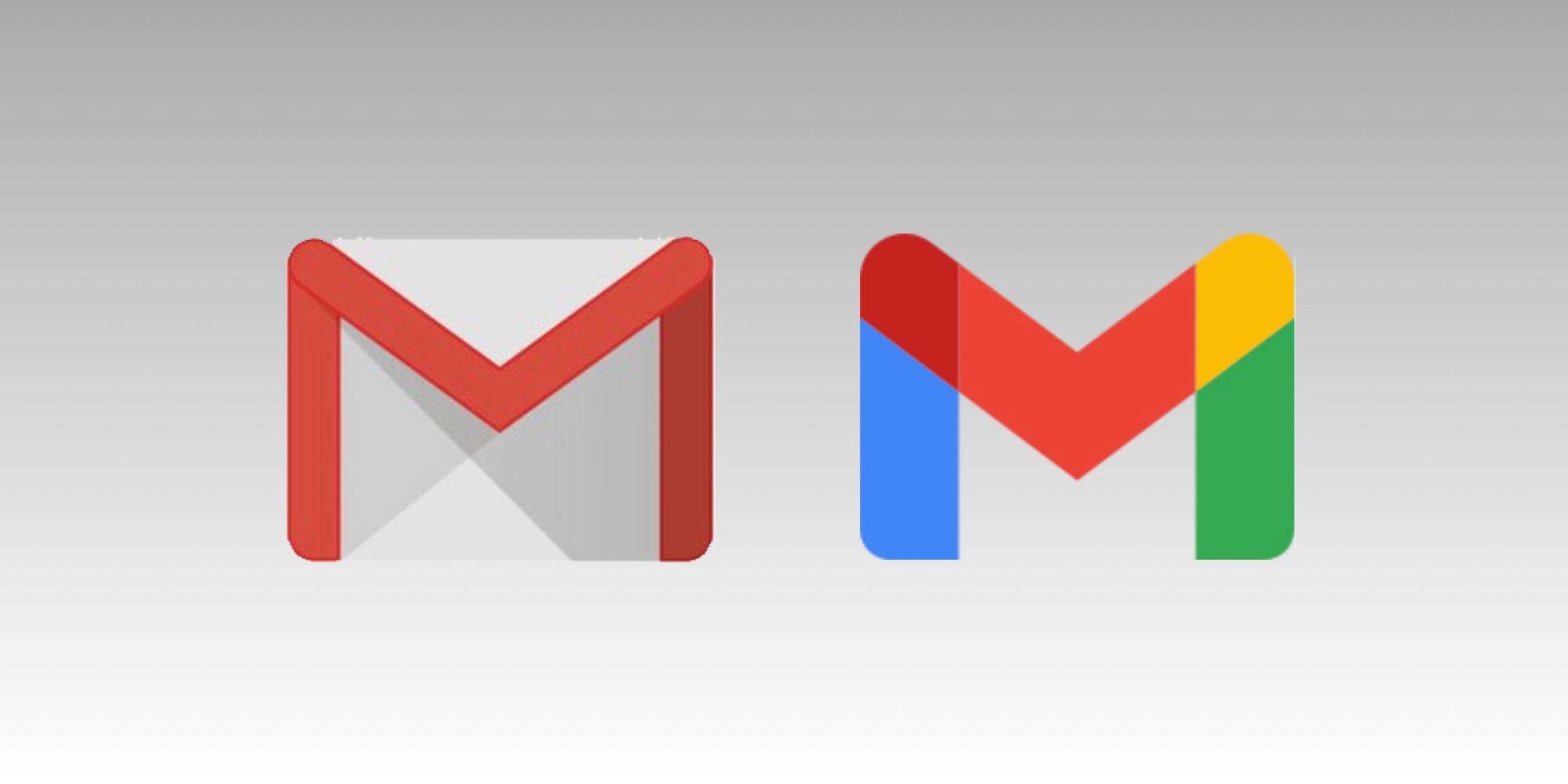


Whether the producer should be started lazy (on the first message). This is enabled by default.Ĭ-start-producer Whether to enable auto configuration of the google-mail component. Will by default use BatchGoogleMailClientFactory. To use the GoogleCalendarClientFactory as factory for creating the client. Using this, the Google Calendar component can obtain a new accessToken whenever the current one expires - a necessity if the application is long-lived.ĬĬ-nameĬ-enabledĬ-error-handlerĬ-factory Mark the message as read once it has been consumed.Ĭ-resultsĬ-token json file with credentials for Service account.ĬĬomma separated list of labels to take into account.Ĭ-as-read Whether to enable auto configuration of the google-mail-stream component. The option is a. type.Ĭĭelegate for wide-domain service account.Ĭ By default the consumer will use the .ExceptionHandler to deal with exceptions, that will be logged at WARN or ERROR level and ignored.Ĭ-factory This can be used for automatic configuring JDBC data sources, JMS connection factories, AWS Clients, etc.Ĭ-error-handlerĪllows for bridging the consumer to the Camel routing Error Handler, which mean any exceptions occurred while the consumer is trying to pickup incoming messages, or the likes, will now be processed as a message and handled by the routing Error Handler. This is used for automatic autowiring options (the option must be marked as autowired) by looking up in the registry to find if there is a single instance of matching type, which then gets configured on the component. Example would be camel-google-mail/1.0.Ĭ-enabled This typically expires after an hour so refreshToken is recommended for long term usage.Ĭ-name


 0 kommentar(er)
0 kommentar(er)
